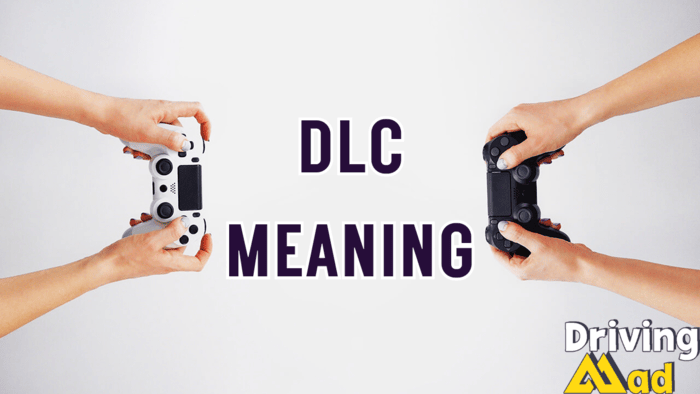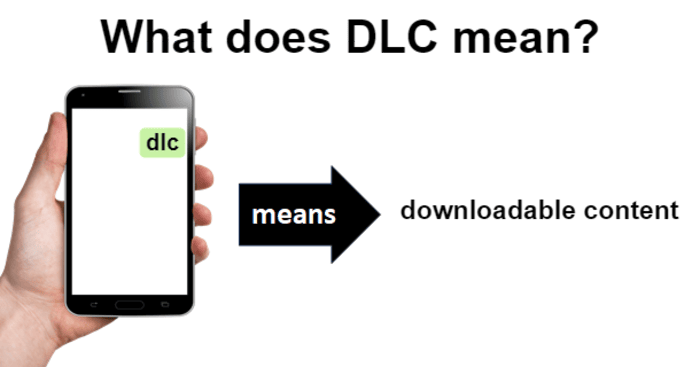DLC (Downloadable Content) adds extra content to a video game. Players can download it separately from the main game.
It may include new levels, characters, stories, items, or other features that improve the gameplay.
Developers usually release DLC after the game’s launch. Some DLCs are complimentary, while others require payment.
Today, let’s talk about a term that means getting more out of your games: DLC. No, it’s not a music group—it’s a way to keep games fresh with new content. Let’s explore this digital bonus!
DLC means “Downloadable Content.” It is extra content for a video game that players can get online.
It works like a digital add-on, giving more features or extending gameplay after getting the main game.

Types of DLC
DLC comes in different forms. Some are free, while others need payment. Here are the common types:
- Expansion Packs – These are significant updates with new locations, stories, and features.
- Story DLC – Adds extra missions or details to the main plot.
- New Characters or Weapons – Some DLC includes extra playable characters or weapons.
- Map Packs – These offer new levels or areas, primarily for multiplayer games.
- Cosmetic DLC – Players can get new outfits, skins, or designs for characters and items.
- Funny Extras – Some DLC is just fun, like joke content that doesn’t change gameplay.
DLC can improve a game by adding fresh content. Some updates focus on looks, while others change how the game plays. Players can choose what suits their style.
How DLC Started?

People began using “DLC” when faster internet allowed them to download extra game content.
The term means “Downloadable Content” and became familiar as gaming changed.
- Early 2000s: Small add-ons for PC games introduced “Downloadable Content.”
- 2002: Xbox Live helped make DLC popular for console games.
- 2006: The “Horse Armor” DLC in The Elder Scrolls IV: Oblivion led to debates about price and value.
- In the late 2000s and later: DLC became an essential way for game companies to earn money.
Over time, DLC became the industry standard. Developers used it to release extra levels, characters, and features.
Many games now rely on DLC to keep players engaged and generate revenue.
Some players enjoy new content, while others criticize the cost. Despite mixed opinions, DLC remains a big part of modern gaming.
How To Use “DLC” The Right Way?

Want to use “DLC” like a pro? Here’s how to include it in gaming talks:
- Talking about new content: “Guess what? A new DLC for Elden Ring is coming out next month!”
- Discussing value: “The main game is fun, but the DLC makes it even better.”
- Comparing games: “I like games that feel complete without needing extra DLC.”
- Buying games: “I’ll wait for the Game of the Year edition with all the DLC.”
- Fixing issues: “Before starting the new quest, check if you downloaded all the DLC.”
Note:
DLC works for both singular and plural. A game can have one DLC or multiple DLC.
Now you’re all set, content hunters! Whether you collect every extra add-on or stick to the base game, you’ll understand DLC conversations easily.
Speaking of which, I need to grab that new costume pack. Happy gaming, and may your downloads be fast and your content endless!

